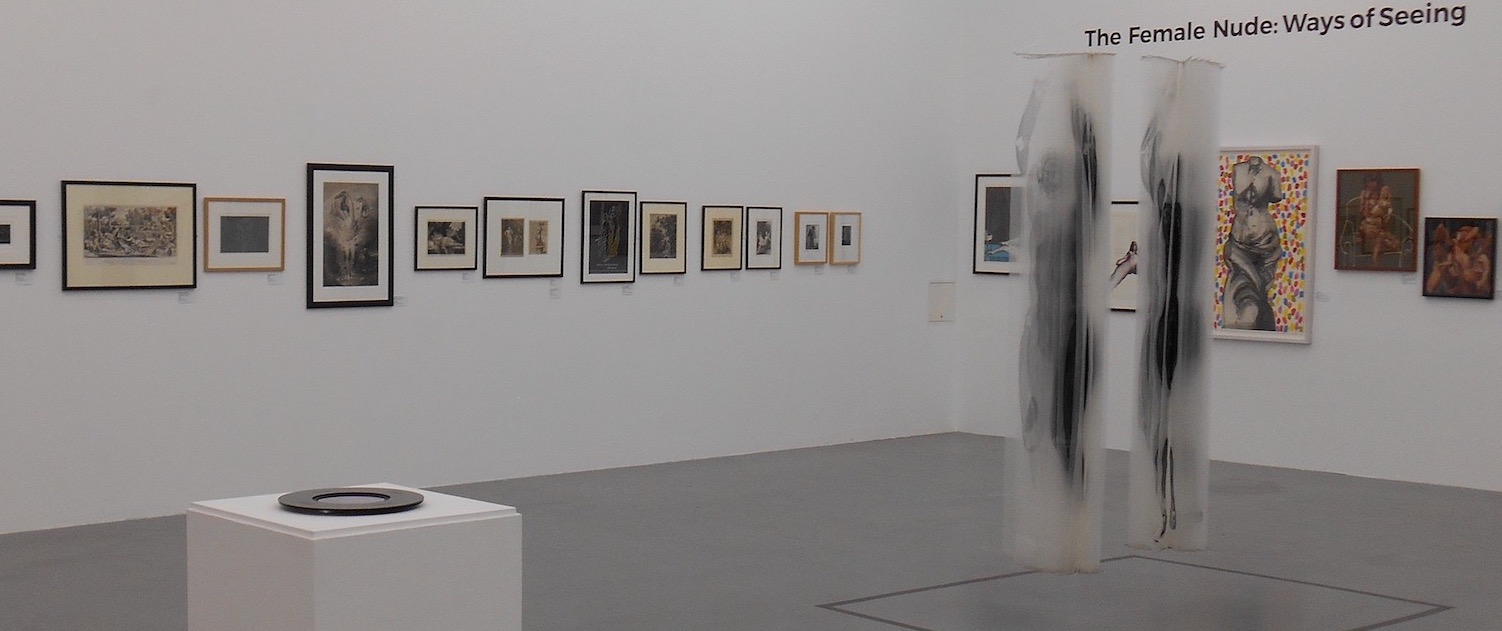In the 50th anniversary of his death, leading scholars from across the world will gather in London to assess the contribution of Edgar Wind to Art History and Philosophy. This conference entails a collaboration between Kent, the Italian Cultural Institute and the Warburg Institute.

28 – 29 October
Edgar Wind: Art and Embodiment
A two-day conference dedicated to art historian Edgar Wind, organised by Bernardino Branca (PhD cand. University of Kent) in partnership with ICI London.
Edgar Wind (1900-19710) was a German-born British scholar in iconology in the Renaissance era, a theorist of art and culture, member of the school of art of historians associated with Aby Warburg and the Warburg Institute. One of the most original features of Wind’s research is the concept of Verkörperung, that is, the embodiment of metaphysical ideas into images, originally conceived in Experiment and Metaphysics (1934). In stark contrast to the Formalist approach to art history, he underscored the role played by meaning and symbols in art. Moreover, Wind shared Warburg’s interest in the survival of classical antiquity in Renaissance allegorical imagery. In addition, Wind wrote on modern art, discussed the political uses of images, and provided advice and inspiration to artists such as Pavel Tchelitchew (1898–1957) and Ronald B. Kitaj (1932–2007). He was the first Professor of Art History at Oxford University.
Bernardino Branca is co-founder, with Fabio Tononi (The Warburg Institute), of the bi-annual, peer-reviewed and international journal The Edgar Wind Journal, which aims to promote interdisciplinary and transcultural research and debate of the philosopher and historian and his themes of enquiry.
Copies of the first issue of the Journal will be distributed at the event.
